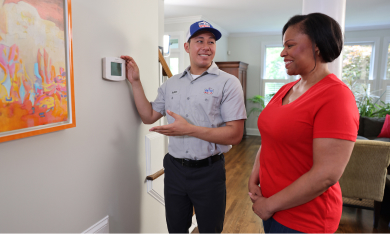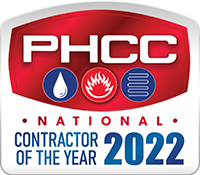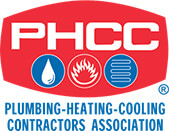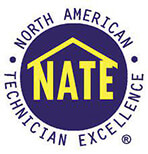
Indoor Air Quality Services in Atlanta, Marietta, & Alpharetta, GA
The air in your home is more polluted than the air outside. Well-built homes keep heated and cooled air inside, but low air exchange rates trap mold, pet dander, dust, and volatile organic compounds (VOCs) inside as well.
If you’re ready to improve your indoor air quality, turn to United Air Temp. Our Certified Climate Consultants are ready to answer your questions and recommend the best indoor air quality (IAQ) solutions for your needs.
Learn more about the importance of IAQ and contact United Air Temp to schedule services that will help you breathe easier.
The Importance of Indoor Air Quality
Poor indoor air quality can affect everyone, especially those with allergies or asthma. If your indoor air contains allergens and contaminants, you may start showing signs of “sick building syndrome.” The symptoms include sneezing, coughing, skin irritation, headaches, and even shortness of breath.
These symptoms are more likely to appear in sensitive individuals and may disappear when you leave home, a telltale sign that the indoor air is to blame.
Even if you don’t exhibit health symptoms, a home with poor air quality may feel stuffy, reek of lingering odors, or have dust mites and mold growth problems.
Our Indoor Air Quality Services
Our team is committed to helping you breathe easy with solutions designed to improve indoor air quality from every angle. Here are the services we provide in the Atlanta area:
- Humidifier installation: Microorganisms thrive in dry air, which can worsen your allergies and asthma in the winter. If you experience itchy skin, brittle hair, nosebleeds, sore throat, or static shock, your home has low humidity. A whole-house humidifier can combat all these problems.
- Dehumidifier installation: Too much humidity means excess moisture, which can lead to condensation and mold growth. Running a dehumidifier alongside your air conditioner can help.
- Dryer vent cleaning: Dust and lint buildup in your dryer vent makes it harder to dry your clothes and can infiltrate your air quality and cause fire hazards.
- Air scrubber and purifier installation: When particles, gasses, chemicals, and microbes are a concern, an air scrubber or purifier is the solution.
- Attic fan installation and repair: Simple and energy-efficient, attic fans improve ventilation in your attic and keep it from becoming too hot and humid in the summer.
Depend on United Air Temp for Indoor Air Quality Services in Atlanta
At United Air Temp, we have an experienced team of Certified Climate Consultants who can help you measure your air quality and amplify it to the best-case scenario.
Our company was built in 1931, so it’s been our mission for nearly a century to improve indoor air quality for thousands of families. Whether you need heating, cooling, plumbing, or geothermal services, we’re here to keep your house clean and running smoothly. Energy efficiency is always our goal, second to the clean air we breathe.
Contact us to schedule indoor air quality services today.
Frequently Asked Questions About Indoor Air Quality
How can I test my indoor air quality?
Here are the best ways to monitor your indoor air:
- Purchase an indoor air quality monitor to test for particulate matter, chemical pollutants, carbon dioxide, and VOC levels.
- Purchase a hygrometer to measure humidity.
- Schedule professional testing for mold.
- Install carbon monoxide detectors.
- Schedule a professional radon test.
What is a healthy air exchange rate?
The EPA recommends 0.35 air changes per hour (ACH), meaning the air refreshes about once every three hours. New homes commonly have rates as low as 0.05 ACH, which is energy-efficient but unhealthy. A properly sized and installed ventilation system can increase the air exchange rate without increasing your energy bills.
What are some DIY ways to improve indoor air quality?
In addition to using HVAC systems and services to improve your IAQ, here are some other steps you can take:
- Invest in a vacuum cleaner with a HEPA filter. Vacuum at least once a week.
- Mop and dust hard surfaces regularly.
- Use natural cleaning products.
- Run the exhaust fan when showering and cooking.
- Avoid products containing VOCs, including candles, perfume, aerosol sprays, air fresheners, and more.
- Place a potted plant in each room to clean the air naturally.












